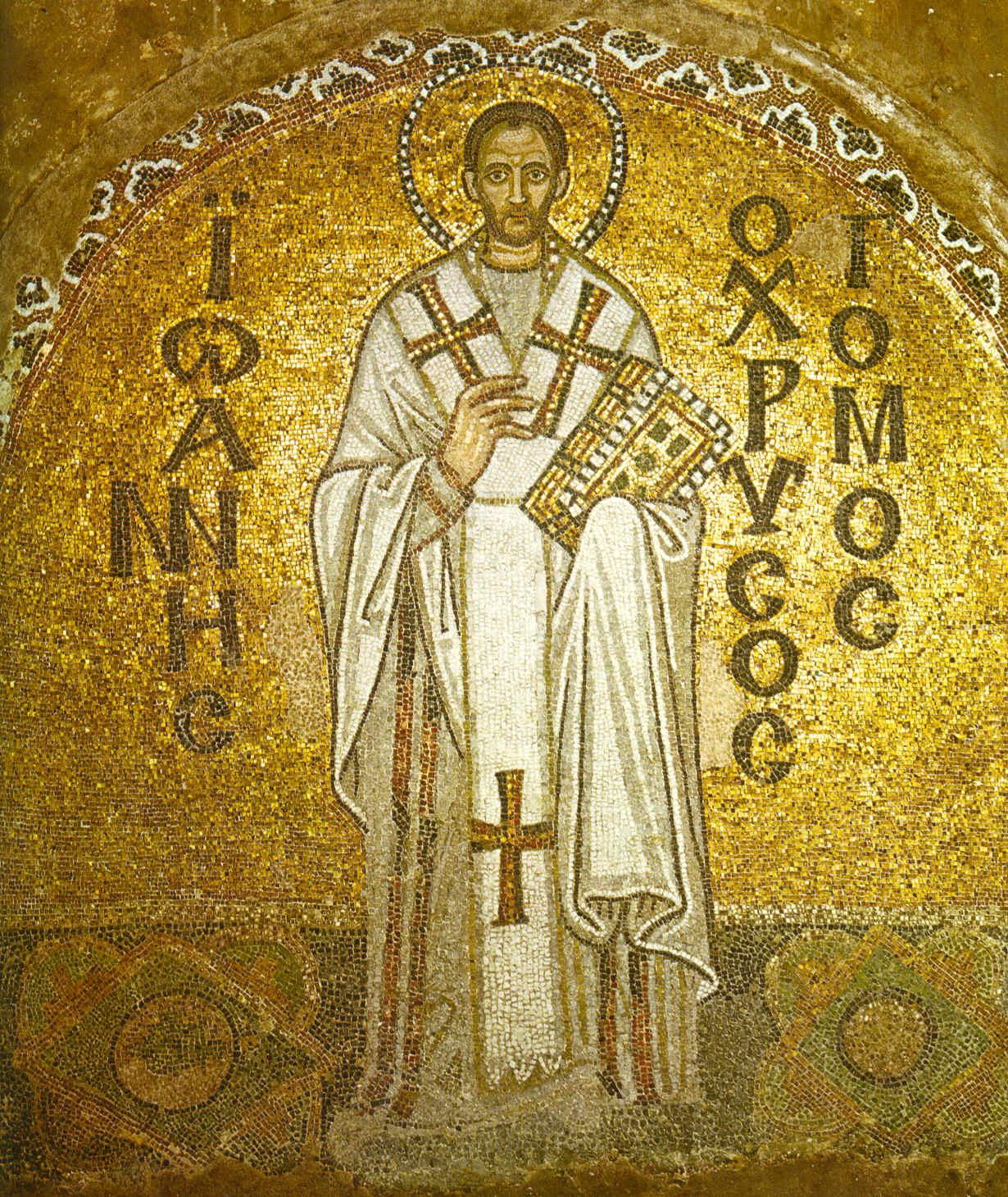- WHAT IF I BECAME A TURKEY? | Homily for the Fourth Sunday of Easter | Fr. Will Rooney
- Loved Not Tolerated | Homily for the Third Sunday of Easter | Fr. Will Rooney
- Where's Jesus? | Homily for Easter Sunday | Fr. Will Rooney
- Where's Jesus Priest and Victim | Homily for Holy Thursday | Fr. Will Rooney
- Where’s Jesus? At the Tomb | Homily for the Fifth Sunday of Lent | Fr. Will Rooney
Recently, a priest friend of mine and Seminarian Phil went to get some food at the Clay Pit – it was delicious. When we walked in, we were a bit disappointed that it was not open for dine-in. But we placed our order for take-out and were told that it would take about 30 minutes for it to be ready. Resigned to hunger, we sat down and began talking. In about 12 minutes, we got out food. Elated that we received it so quickly, we proceeded to the rectory to enjoy. We expected one thing (less good) and received another (excellent).
Have you ever gone to a bakery and chosen something from the case which looked so delicious bit into it and found it less appealing than what you expected? You were probably more disappointed because you expected it to be so pleasant. What we expect can change the way we interpret an event. In the Gospel today, Jesus tells us what fruit we ought to bear and in light of this to consider what fruit we expect from others and ourselves.
We are the trees, brothers, and sisters, in the garden of the Lord. We are perhaps a variety of different trees, but we are all meant to bear good fruit. “The tree is the soul, that is, the man himself; the fruit is the man’s works.”[1]

Let us begin with that layer of this parable. “A good tree bears good fruit,” says the Lord. How can we come to bear this good fruit? First, we need to be good, healthy fruit trees. The very basis of a tree’s ability to bear good fruit comes from its nature. But, a good healthy tree does not come about of its own accord but receives its nature from another.
In our case, we received human nature when we were conceived. But our nature was wounded. Our human nature was not as it ought to have been but rather diseased from original sin. But in Baptism, our nature was substantially healed and even elevated. At our Baptism, we received a permanent character – as a son or daughter of God. We were conformed to him – as St. Thomas Aquinas says grace makes us like God – deiform.
But it is not enough to have this character (to be made like him). Consider, in the beginning, God formed man, and then he breaths his Spirit into him, making him come alive. Similarly, so now, God breaths new life into you and me at Baptism. And if we have lost this life, which we call sanctifying grace or charity – he revives us through repentance.

We are not empty, barren trees, brothers, and sisters, no instead, he gives us a new life with him — the life of grace. The life we live is not our own but rather His life. This life is like the sap, which fills the tree from its roots to its highest branches. Without the sap, the tree will not bear good fruit; it will wither and die. If we want to give good fruit, we must be connected to the Lord. We need to receive our life from the Father, the Son, and the Holy Spirit the way a tree receives from the ground, the sun, and the air. Without living in communion with the Blessed Trinity – that is – with charity, we will neither grow nor bear fruit. The basis of our bearing fruit consists primarily of receiving the gifts that God wishes to give us. Receiving is more critical than doing in the spiritual life.
Finally, if we wish to bear fruit, we must allow ourselves to be pruned and molded – once again, a type of reception. With great courage, we ask God to change our hearts and receive the grace of repentance. We must let him regularly prune us, removing the parts of our soul that will not bear fruit so that they can grow.
In summary, what makes works good – how to know if we bear fruit? In a word, charity. The charity which allows us to love God above all things and others as he loves them. Charity is our life. It gives good fruit. As St. Gregory tells us (Mor. xx. 7.) “By this sentence it is given to us to learn, that among men charity and humility, and not mighty works, are to be esteemed. Whence also now the Holy Church, if there be any miracles of heretics, despises them, because she knows that they have not the mark of holiness. And the proof of holiness is not to work miracles, but to love our neighbor as ourselves, to think truly of God, and of our neighbor better than of ourselves.”[2]
If we are growing in charity, practically speaking, we know we will bear fruit. This brings us to the second, important part of the parable—the warning about those who come in sheep’s clothing but are really wolves. Beware of false prophets, who come to you in sheep’s clothing. Beware of how evil can come looking so comfortable. Be aware of how it appears so attractive. Be mindful of how our expectations of how holiness looks color the way we react to those around us. Our expectations color the way we judge things as good or evil, even how we judge people as good or evil or even better or worse.

We need to remember, as St. John Chrysostom says, “the discerning of a tree is done by its fruits, not the fruits by the tree. A tree is known by its fruits. For though the tree is the cause of the fruit, yet the fruit is the evidence of the tree.”[3] We must remember that charity is the measure and nothing else. This goes for communities as well as individuals. If a community is unkind to outsiders or each other, each individual needs to discern what type of tree he or she is.
Charity, proven by love towards our neighbor and love of God, which always looks like the Cross, is the accurate measure of whether we are good trees. For ultimately, as St. John of the Cross so eloquently put it, “in the evening of our life we will be judged by our love.”

[1] Thomas Aquinas, Catena Aurea: Commentary on the Four Gospels, Collected out of the Works of the Fathers: St. Matthew, ed. John Henry Newman, vol. 1 (Oxford: John Henry Parker, 1841), 284. Augustine. (Serm. in Mont. ii. 25.)
[2] Thomas Aquinas, Catena Aurea: Commentary on the Four Gospels, Collected out of the Works of the Fathers: St. Matthew, ed. John Henry Newman, vol. 1 (Oxford: John Henry Parker, 1841), 290.
[3] Thomas Aquinas, Catena Aurea: Commentary on the Four Gospels, Collected out of the Works of the Fathers: St. Matthew, ed. John Henry Newman, vol. 1 (Oxford: John Henry Parker, 1841), 461.

